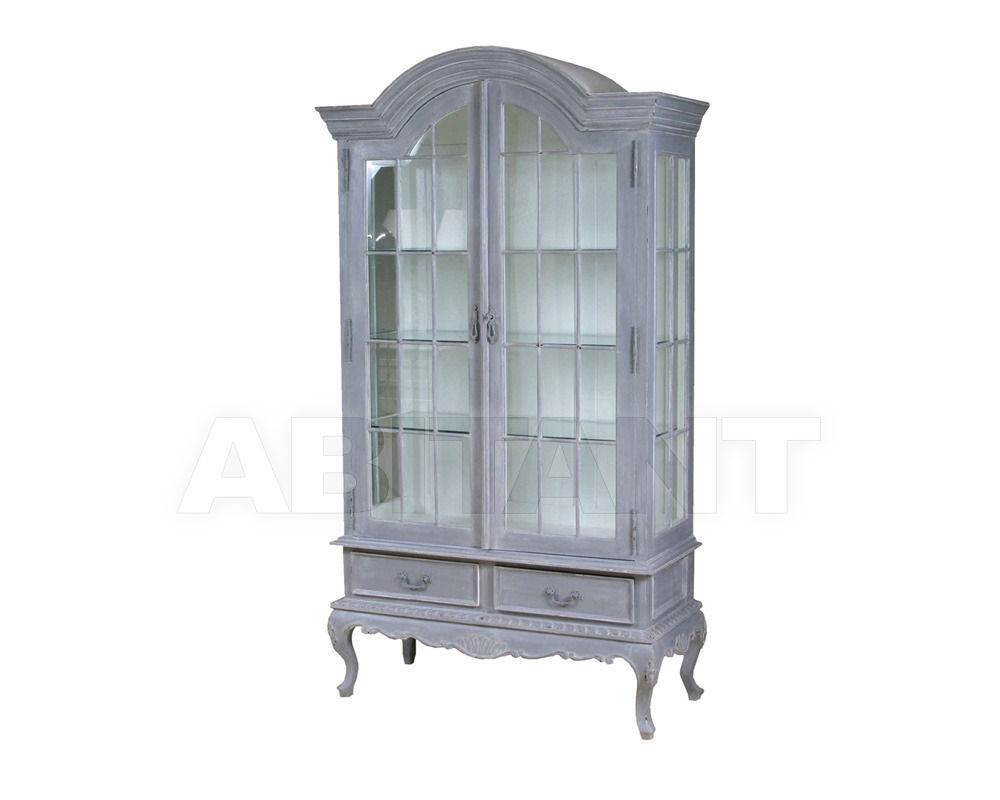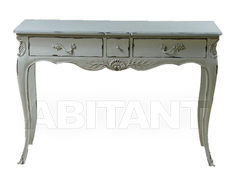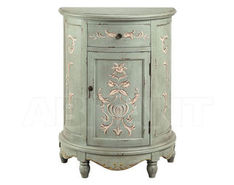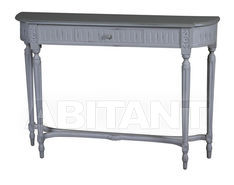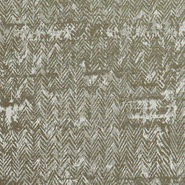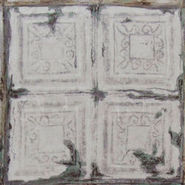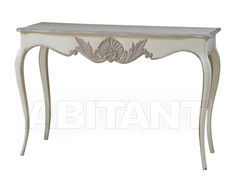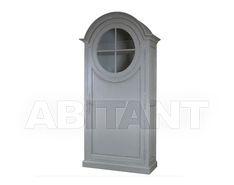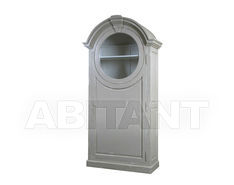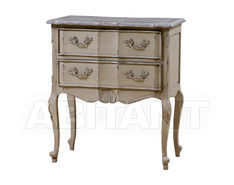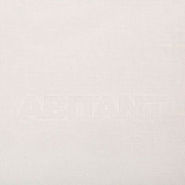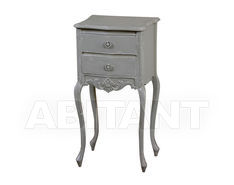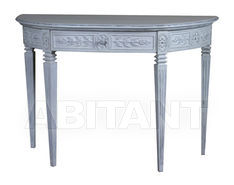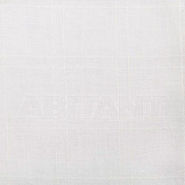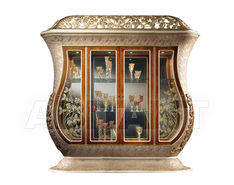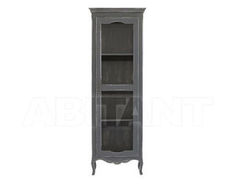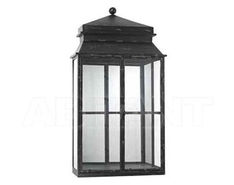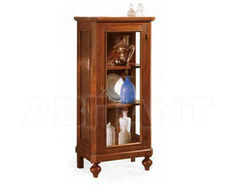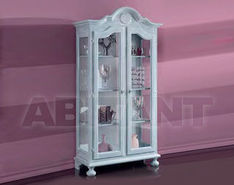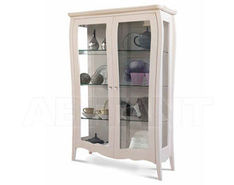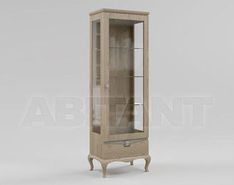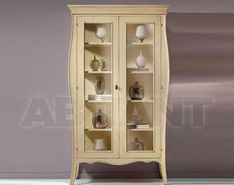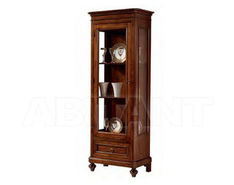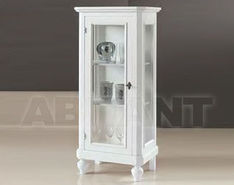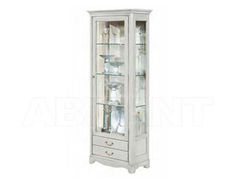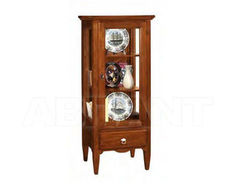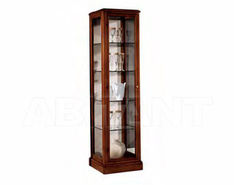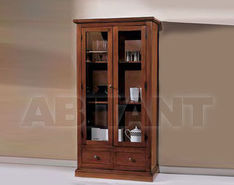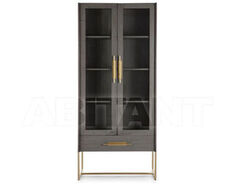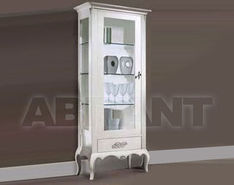configuration and the volume
of your order
on request
- Information on request
- translation missing: en.admin.transport_direction.show.from 3.5 translation missing: en.admin.transport_direction.show.to 4.5 weeks
- 1 week
| Avaliability of shelves | Yes |
|---|---|
| Type of shelves | Opened |
| Number of shelves | 4 & more |
| Shelf material | Glass |
| Materials | Wood |
| Shape | Rectangular |
| Type | Display Stand |
| With shutters | Yes |
| Number of doors | 2 |
| Door construction | Swing |
| Door material | Glass |
| Avaliability of legs | Yes |
| Legs shape | Curved |
| Leg material | Wood |
| Avaliability of pull out box | yes |
| Number of pull out boxes | 2 |
| Dimension with package | 1.45 m3 |
| Functional Purpose | For Living Room, For Home |
|---|
Provence / Country / Mediterranean
Provence is one of the most popular varieties of country style, because it is associated not only with the rural life of past centuries, but even with the exciting scents of Mediterranean flora, the sun and the sea, with a lovely holiday in the lap of nature. All this is reflected in the aesthetics of Provence: simplicity, plain lines, abundance of live and dried plants, the colors faded in the sun. Another inherent characteristic of the Country style on the whole and Provence in particular - it's archaic. Country Life is slow and measured - new ideas take root slowly.
Classical / Historical
The term "classic" originates from the 17th century, when the art as a whole was focused on Antiquity. The Classical style spread between the palace-type buildings where the higher stratum - the nobility - lived. Those were the interiors of breathtaking splendour: high ceilings supported by Antique-styled pillars, spacious rooms adorned by expensive, high-quality furniture made specifically from all the best natural materials craftsmen could find. Pomposity and lusciousness did not spoil the comfort - it even complemented it.
Empire / Baroque / French
Baroque, Rococo, Classical and Empire became the most famous styles of the 18th and the beginning of the 19th century. These styles were also often called Royal, as their main attributes are luxury, wealth and opulence. They are well-suited for vast rooms with high ceilings. Characteristic elements of decor include fretwork, murals, paintings and sculptures, sometimes carvings. The Classical style was, perhaps, the most reserved of the four, though it was no less majestic. The Empire is its continuator. It implies solemnity, magnificence, symmetry, volume. Copious amounts of mirrors, tapestries and fireplaces, luxurious fabrics and refined screens are also a hallmark of French classical styles.


